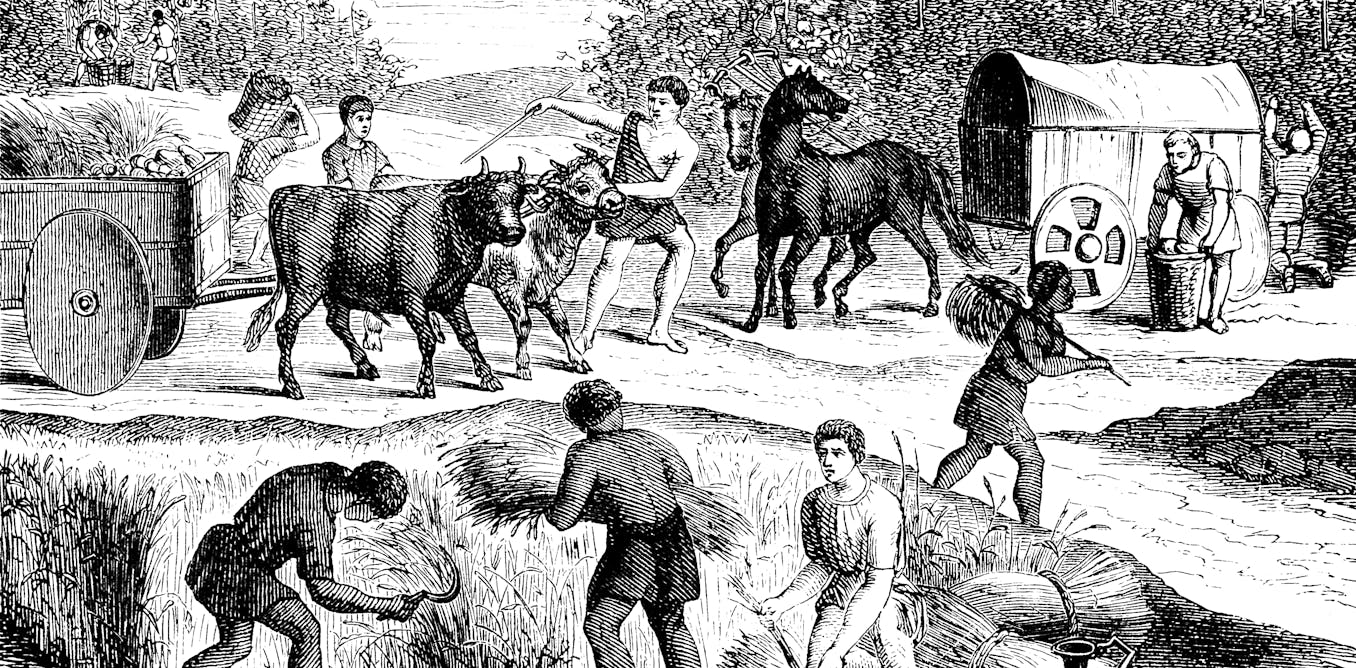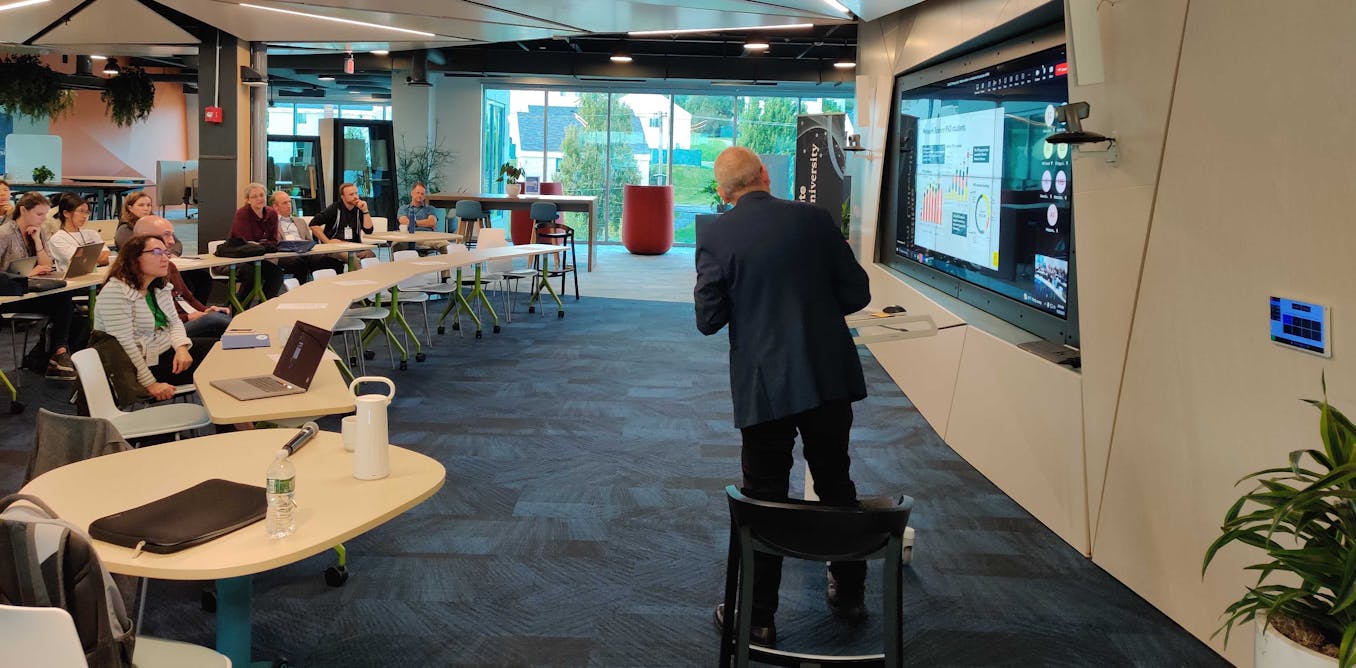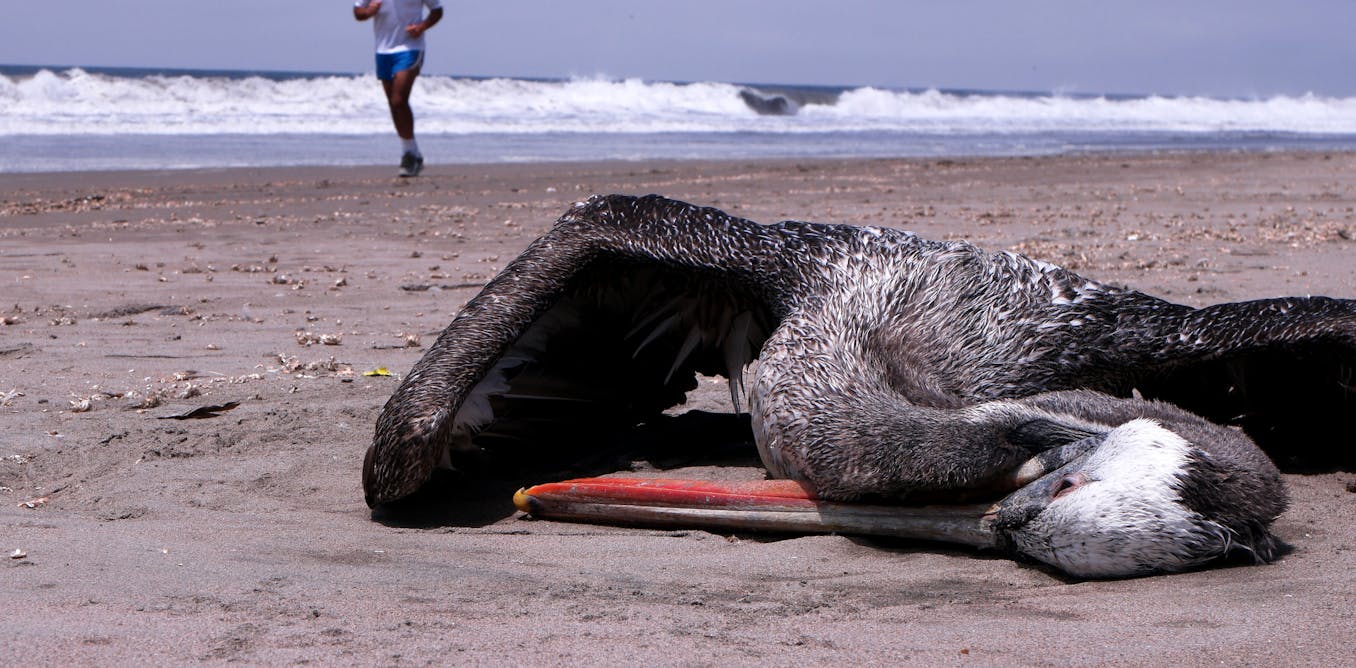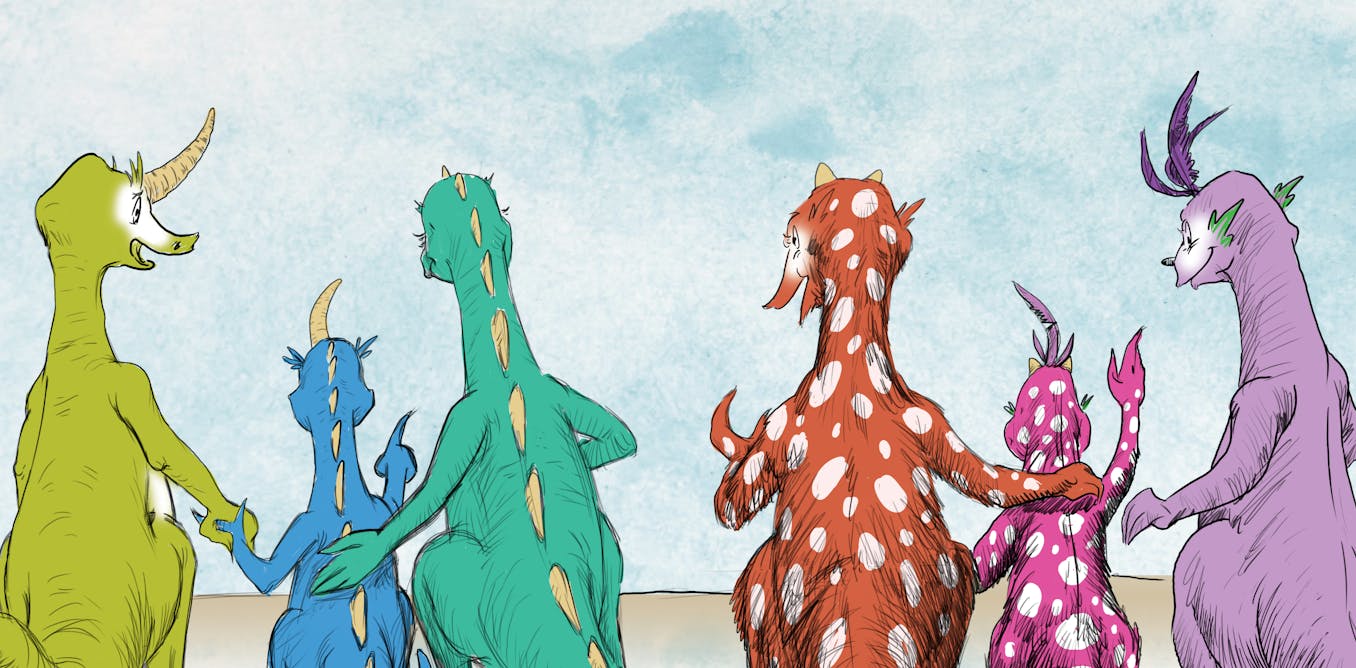Future pandemics will have the same human causes as ancient outbreaks − lessons from anthropology can help prevent them
Human factors − such as how people produce food and how they organize themselves and live together − influence disease outbreaks.
May 7, 2024 • ~9 min










